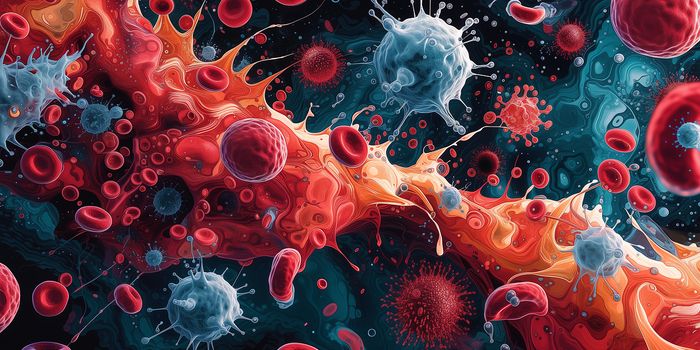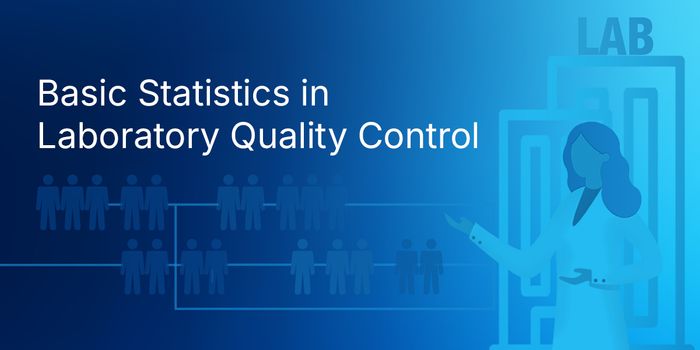Using Antibodies to Create Potent Cancer Treatments
Cancer can arise from a variety of aberrations that cause cells to divide uncontrollably, and form a tumor. The causes of cancer can differ greatly from one person to another, one reason why cases can be very difficult to treat. That is also why some therapeutic strategies seek to improve the ability of a cancer patient's own immune system to fight cancer by itself. Scientists have now developed an approach that utilizes antibodies from a patient to create cancer-killing autoantibodies.
The immune system can already generate antibodies against tumor cells, and while those antibodies are excellent at identifying cancer, they are not powerful enough to destroy it. Reporting in Science Advances, researchers have converted both "off-the-shelf' and human antibodies into bi-specific antibodies, which makes them more potent.
Antibodies can identify specific antigens, molecules that sit on the surfaces of cells; it's how they identify foreign cells. Bispecific antibodies, or BiAbs can recognize two separate antigens simultaneously. They are more powerful than common, monoclonal antibodies, and there is less of a chance that cells will develop resistance to BiAbs.
In this work, researchers modified either commercially available antibodies - human immunoglobulin G (IgG), or patient antibodies with a signal that would bind to T cells. These T cell–redirecting autoantibodies (TRAAbs) are meant to bring T cells, immune cells that can kill tumors, in closer proximity with tumors, and increase the immune response against cancer. The TRAAbs were shown to be an effective therapeutic that sought to bind to tumor cells preferentially over healthy tissue.
Researchers have not successfully made bispecific antibodies from native antibodies before this. These BiAbs merge the specificity of a molecule from a patient, which is made by them and for them, with the cell-killing power of a T cell. The researchers are hopeful that these personalized therapeutics, which can be made in only hours, could work well against solid tumors.
"Much is yet to be done before this could be considered a practical clinical approach," cautioned study leader Andrew Tsourkas, a Professor in Bioengineering at the University of Pennsylvania. "But I hope at the very least this works stimulates new ideas in the way we think about personalized medicine."
After antibodies were carefully labeled with T cell targeting domains, the researchers tested them in a mouse model and cell lines. This work indicated that the TRAAbs bound to tumors.
Next, the researchers are planning to isolate anti-tumor antibodies from patient serum. Such antibodies could possibly send the bispecific antibodies to other places in the body, and they want to know more about the potential for adverse or unintended consequences. While still in the early stages, this research opens up a new cancer treatment avenue.
Sources: University of Pennsylvania, Science Advances









